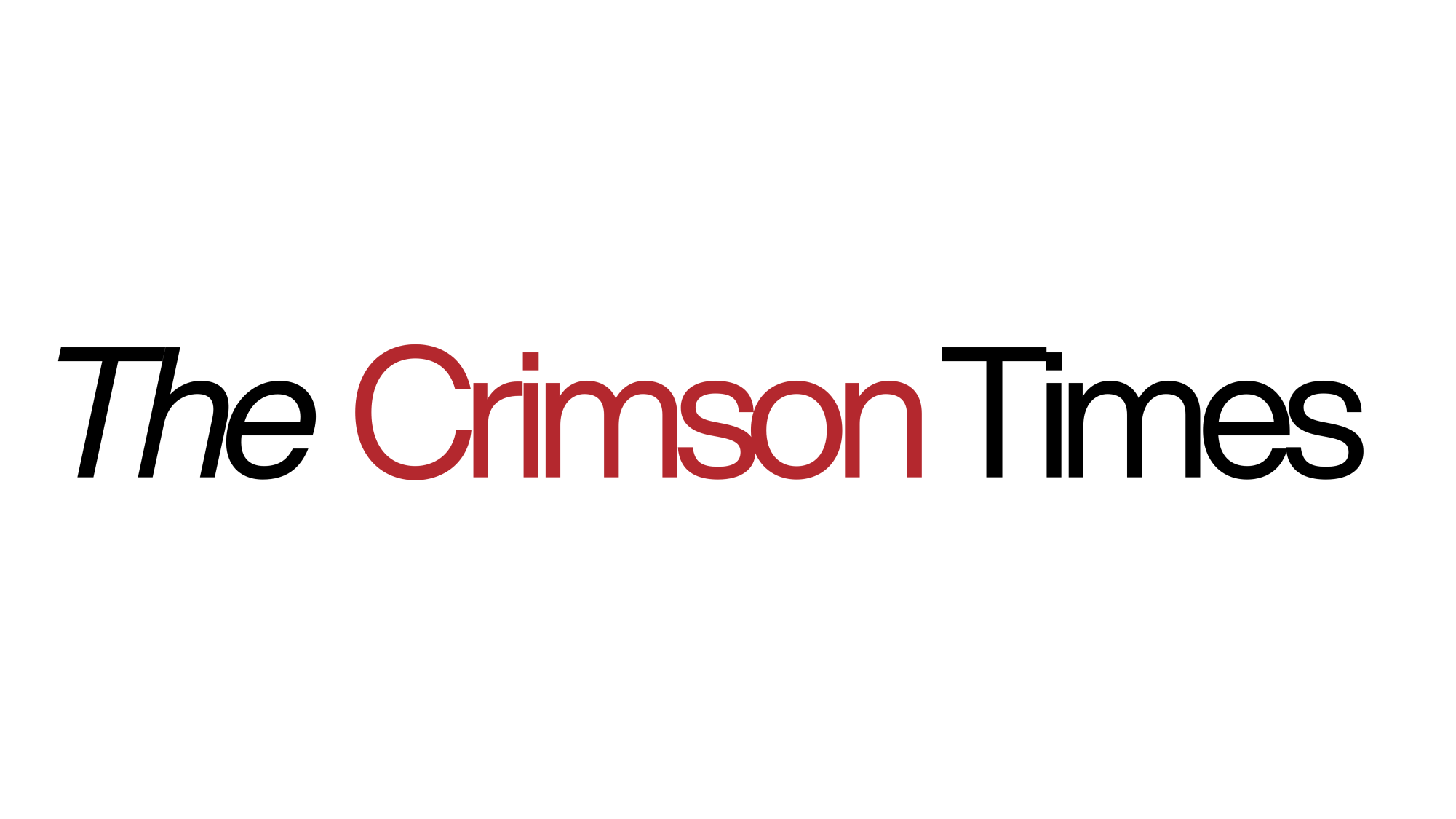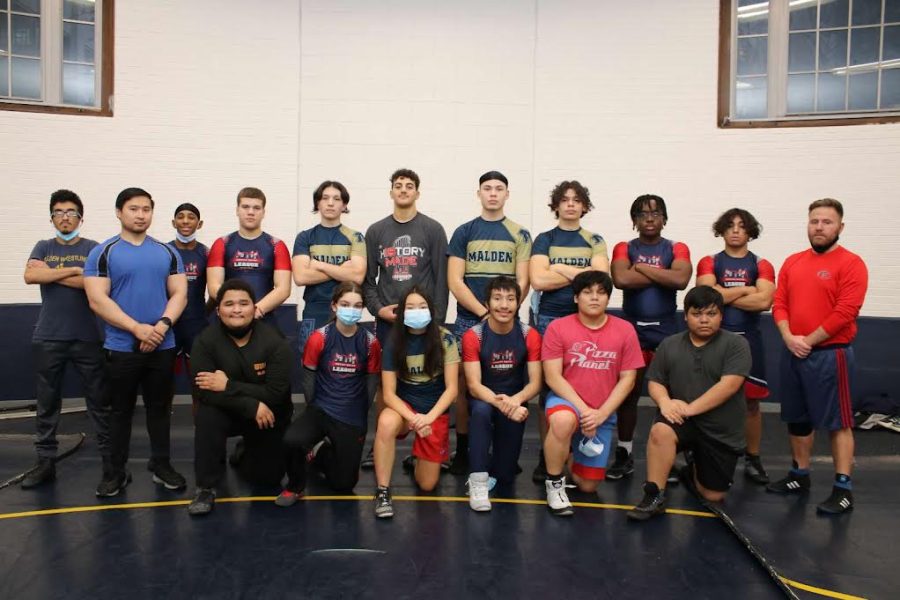Wrestling still picking itself up
February 3, 2022
There is no doubt that the past few years have not been nice to sports. There are few teams that can claim they haven’t been disrupted by cancellations, constantly changing health regulations or cautious athletes. There might be no more challenged team, though, than EHS wrestling. After all, theirs is a sport that is predicated on contact, where an athlete cannot be successful without breathing in their opponent’s airspace.
Of course, COVID may not even be the team’s biggest obstacle.
“In most other sports,” head coach Nick Erban said, “(our athletes) are rivals. However, within our sport, the athletes have been challenged to put their school rivalries aside to support one another on and off the mat.”
That’s because this year, EHS has joined the high schools from Chelsea, Malden and Revere to form the Greater Boston Wrestling Team. The collective means that athletes from the four schools are suddenly part of the same squad, and only shared experience could help build wins and brotherhood.
That’s where the pandemic has really made its mark.
“The ‘pauses’ have really affected our ability to learn the rules, the technique, to create a style specific to ability and to develop self-confidence,” Erban said. “We have had the majority of our competitions canceled…In a normal season, by now most wrestlers would have wrestled close to 20 matches. This year, most of our wrestlers have wrestled only two or three.”
Erban estimated that 90 percent of the team are new to wrestling, and while the ranks have been thinned throughout the season, those that stay have been forced to learn how to wrestle while wearing a mask. That means extra cardio and a lot of huffing and puffing.
“Tough to breathe is an understatement,” Erban said.
The coach suggested weekly COVID tests for all wrestlers and coaches as one possible way to curb exposure. Or, Erban said, the MIAA may be well-served by exploring outdoor competitions in the spring, similar to the plan used by the state last year.
“Our wrestlers are definitely behind in terms of their techniques and experience,” Erban said. “As coaches (though), we are able to focus more on teaching and increasing interest in the sport without the pressure of preparing wrestlers for competitions they may have been outmatched going into, to begin with.”



